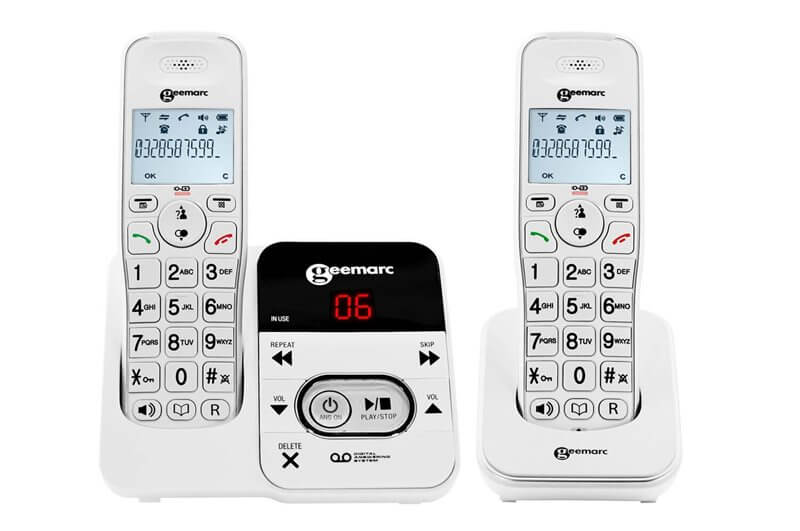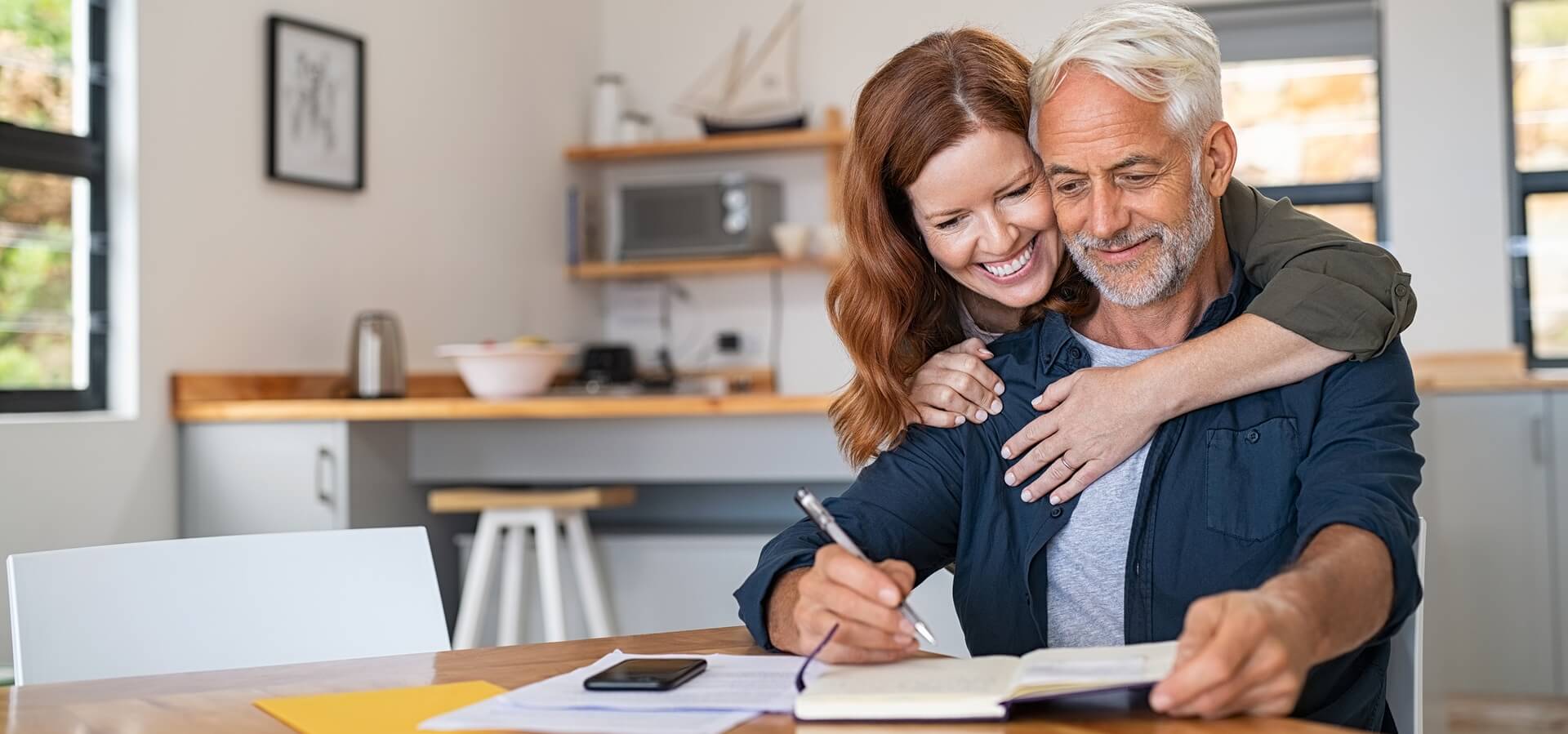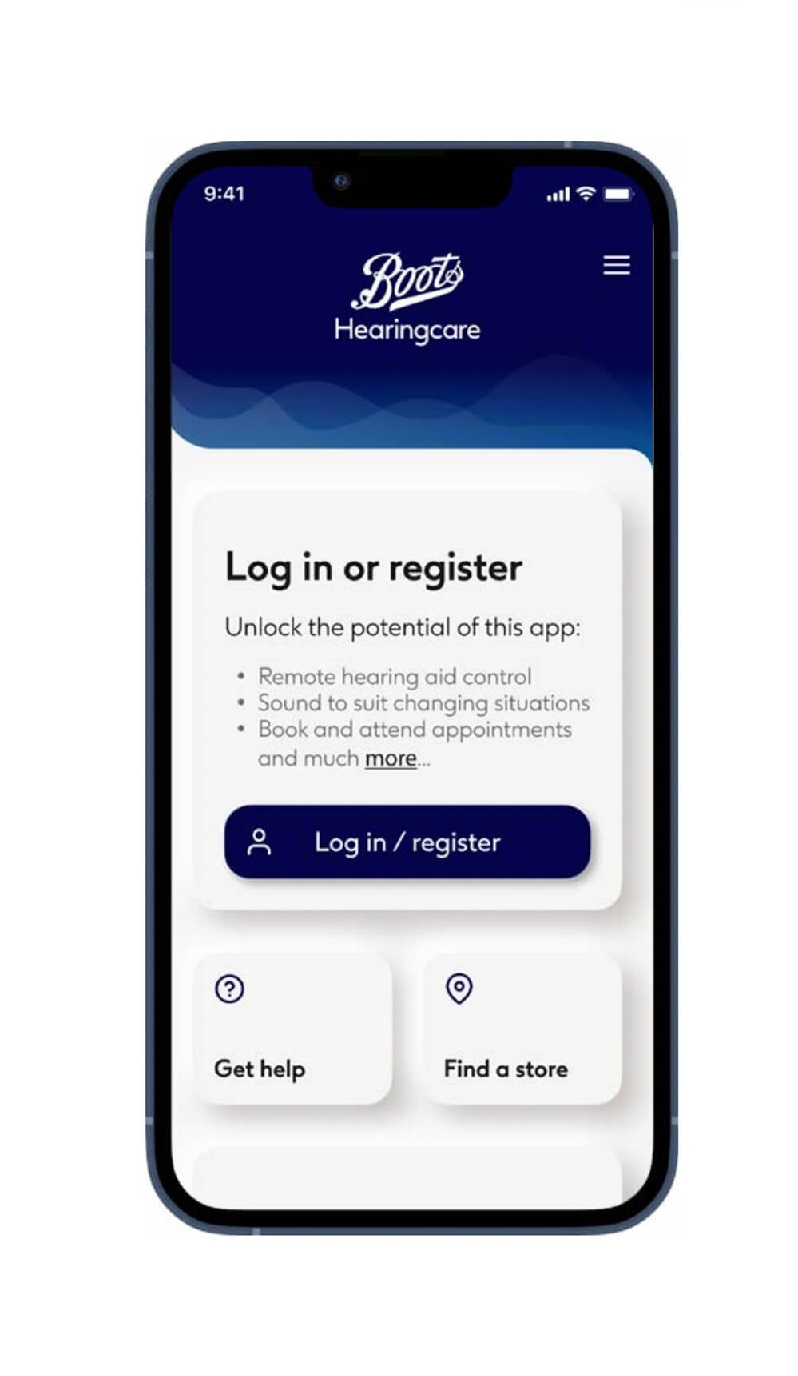
Geemarc Amplidect 295 Twin
Hearing aid compatible: provides clear, amplified sound. Adjustable volume: up to 30dB for customisable settings. Built-in features: phonebook and answering machine for added convenience
View now
Best phones for elderly
5 minutes
Published : 13 August 2024
Last Reviewed : 19 January 2025
In an age where smartphones have become essential tools for communication, entertainment, and information, ensuring that these devices are accessible to everyone is crucial. For individuals who are hard of hearing, this means finding phones with features that enhance audio clarity, offer visual communication options, and provide various other aids to facilitate effective communication.
Whether you prefer the simplicity of a landline or the versatility of a smartphone, there are tailored solutions to meet every need.
Many seniors are comfortable using smartphones, which offer extensive functionality. Whether on an independent phone plan or part of a family share plan, smartphones provide independence and are especially helpful for those living alone.
Here are some top smartphone features most appreciated by seniors:
Bluetooth connectivity: both Android and Apple smartphones support Bluetooth, allowing seamless connection with compatible hearing aids. This feature lets users stream audio directly to their aids for clearer calls, music, and media.
Telecoil support (T-Coil): some smartphones support telecoil technology, connecting wirelessly to hearing aids in venues with hearing loop systems like theatres and public transport, improving listening experiences.
Sound amplification: both Android and Apple smartphones feature built-in settings to amplify sound, adjusting volume for calls, notifications, and media to suit hearing needs.
Mono audio: combines stereo sound channels into one for users with hearing loss in one ear, ensuring no audio content is missed.
Manufacturer apps: hearing aid brands offer apps to adjust settings discreetly via smartphones, enhancing user experience.
Accessibility apps: available on Android and Apple app stores, these include speech-to-text converters, video captions, and sound amplifiers for noisy environments.
Video calling: FaceTime (Apple) and Google Duo (Android) support video calls, aiding visual communication for users relying on lip-reading or sign language.
Emergency alerts: configure smartphones to deliver emergency notifications via text, vibration, or flashing light, ensuring users with hearing loss stay informed.
Voice commands: siri (Apple) and Google Assistant (Android) enable hands-free tasks like calls, messages, and smart home control, enhancing convenience.
For seniors who prefer straightforward functionality, flip phones remain a reliable choice with advantages such as:
Ease of use: a simple interface easy to learn.
Cost-effectiveness: lower purchase and operational costs.
Long battery life: extended charge duration.
Durability: reliable build suited for everyday use.
SOS features: emergency signalling for peace of mind.
Look for models with large keys, voice dialling, easy navigation, and clear speakers.
Many seniors prefer the reassurance of a landline. Landline phones are connected to the 999 emergency system and can be traced to an address, which is crucial during a health crisis.
In the home phone market, options include corded phones, which stay put, and cordless phones, which are portable. Some systems offer a combination of both.
Specialty phones designed for seniors may include features like:
• Emergency call functions: program up to 5 emergency numbers.
• Volume amplification: clear sound up to +40 dB.
• Incoming call alerts: indicated by sound, vibration, or flashing light.
• Large displays and keys: easier to see and use.
• Portable SOS buttons: for quick access in emergencies.
• Voice announcements: for incoming calls.
As more seniors choose to age in place, communication becomes essential for everyone’s peace of mind. Consider accessories that improve notification of incoming calls and assist with outgoing calls.
Safety-focused options include alerting systems with receivers that amplify ringing or use bright flashing lights, and bed vibrating systems that activate for phone calls, doorbells, or smoke detectors. The goal is to allow seniors to communicate in the way that works best for them.
Experience the Boots Hearingcare app, our innovative solution designed to support your hearing. Created by experts, this app enhances your hearing aid experience with advanced controls, personalisation options, and remote hearing care support. Easily book appointments, manage your account, and tune into the sounds you love with just a few taps.
Download the Boots Hearingcare app today for a seamless, personalised hearing care experience.
Choosing the right phone and utilising the appropriate features and apps can significantly enhance communication for individuals who are hard of hearing. By focusing on hearing aid compatibility, amplified sound, visual alerts, and customisable audio settings, technology can become more inclusive. With the right tools, staying connected and engaged in the digital age is possible for everyone, regardless of their hearing ability.

Boots Hearingcare
Boots Hearingcare